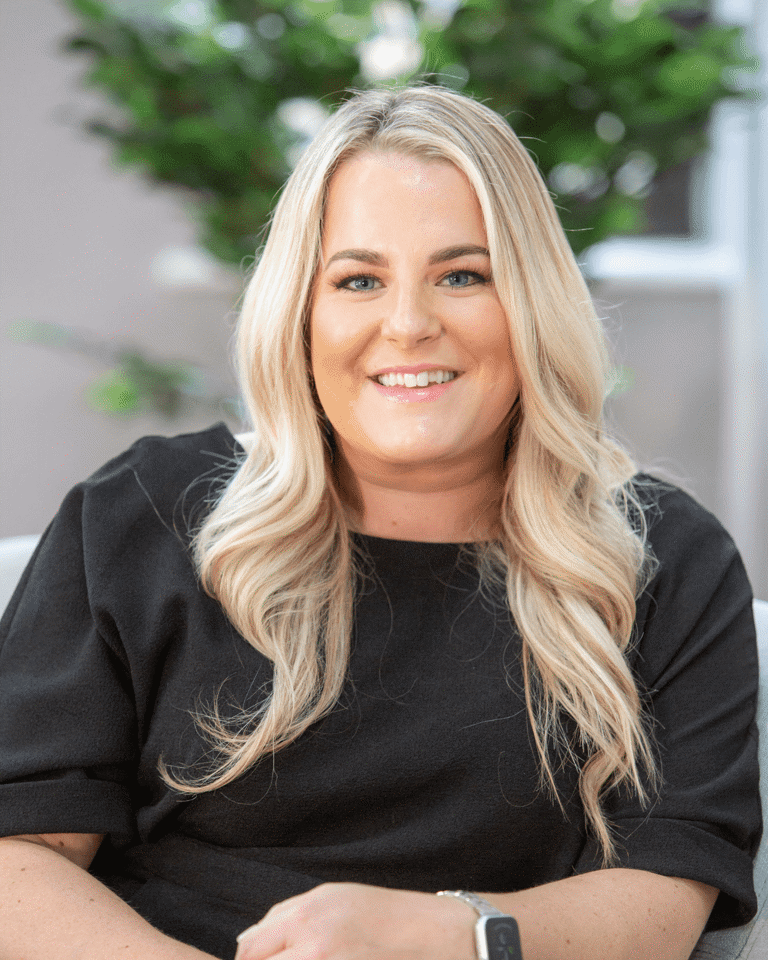When a relationship ends and there are children involved, it can often be an emotionally difficult time. Our expert family solicitors in Chester and Shrewsbury aim to deal with these cases, including matters related to child arrangement orders, in a sensitive, prompt, and efficient manner.
What is a Child Arrangement Order?
In the United Kingdom, a child arrangement order is a court order that sets out the arrangements for the care of a child, including issues such as where the child will live, when they will spend time with each parent or other family members, and who will be responsible for making decisions about their welfare.
A child arrangement order can be made in relation to children under the age of 18. The order may specify that a child should live with one parent or family member, or it may provide for shared care between the parents. The order may also specify how much time the child should spend with each parent, and may include provisions for contact between the child and other family members, such as grandparents.
Child arrangement orders can be made following a marriage breakdown, or as a stand-alone order in cases where parents are not married. The court will consider the best interests of the child when making a child arrangement order, taking into account factors such as the child's age, their relationship with each parent and other family members, and their physical and emotional needs.

The whole team are excellent. They're easy to work with yet always professional and friendly.Client Feedback via Chambers and Partners
Who can apply for a child arrangement order?
Anyone with parental responsibility for a child can apply for a child arrangement order. Parental responsibility refers to the rights and responsibilities that a parent has in relation to their child, including the right to make decisions about their welfare and upbringing.
In most cases, both parents of a child have parental responsibility, but this may not be the case in certain circumstances. For example, if a child's parents were not married at the time of the child's birth, the father will not automatically have parental responsibility unless he has obtained it through a court order or by being registered on the child's birth certificate.
In addition to parents, other people or organizations may be able to apply for a child arrangement order if they have a sufficient interest in the child's welfare. This may include grandparents, other family members, local authorities, or guardians appointed by the court.
The court will consider the best interests of the child when deciding whether to grant a child arrangement order and what the terms of the order should be. The court will take into account a wide range of factors, including the child's age, their relationship with each parent and other family members, and their physical and emotional needs.
How we can help
We are highly experienced in dealing with a range of issues relating to children, and have a strong track record of success in this area.
In most cases where parents separate, there are matters to address such as parental responsibility and where children will live or spend time with each parent. It may need to be decided which parent’s home will be the primary residence and when (and how frequently) each parent will spend time with the children.
It may be the case that those seeking parental responsibility are wider family members, such as grandparents, step-parents, aunts or uncles. Someone appointed as guardian in a will may also need legal advice on their rights.
Additionally, we can advise on financial issues relating to children, such as child support and financial claims, lump sums or property transfers.
If you are keen to avoid going to court, you may wish to consider the collaborative law process. This is where you and your former partner work to address the situation amicably between you and ensure a solution that is fair for you and your children. Both of you sign an agreement not to go to court. Instead, matters are resolved in a series of face-to-face meetings between you and your partner, along with your legal representatives.
Key Contacts

Simon Magner Mawdsley
Partner | Head of Family Law
Described by clients as "an excellent listener, open and engaging", "exceptional", "reassuring" and "insightful", Simon acts for a range of clients in all aspects of relationship breakdowns including divorce, resolution of financial matters, civil partnerships, cohabitation disputes, pre- and post-marital agreements, injunctions, and children matters.




